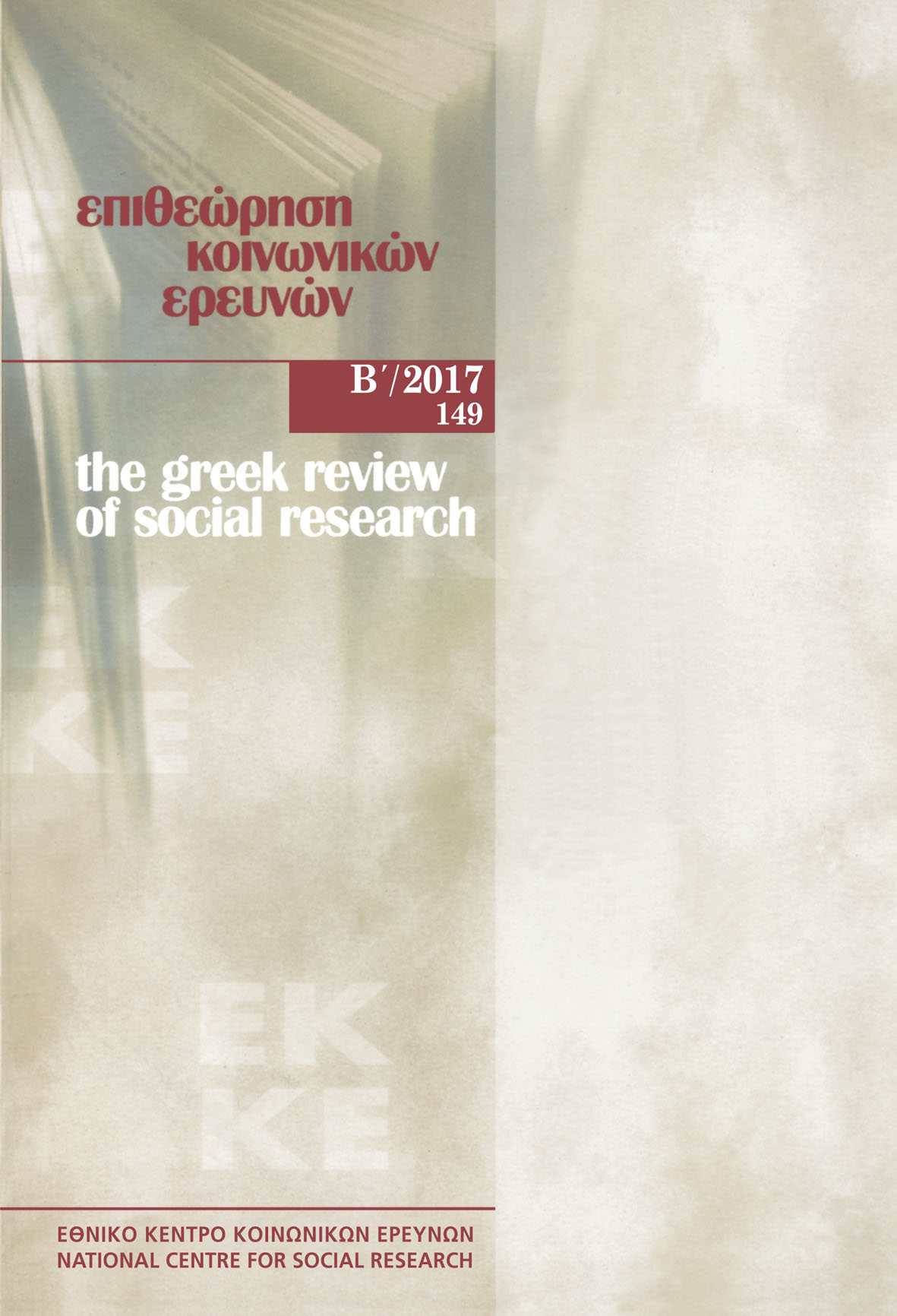Introduction "Urban lives and protests in neoliberal times: Art, aesthetics and solidarity as possibilities"

Abstract
The introduction to this special issue explores theoretically the emergence of the cultural turn in contemporary social movements. Its focus on “possibility” as a broad array of culturally and politically disparate practices and ideas makes possible to discuss in the frame of contigency: the appearance of different forms of urban living and re-acting by focusing on visions of urban life that are activated by social movements; How these visions are put in practice; The already culturally available or newly imagined ways of relating in the new forms of social mobilization; The tactics, strategies, poetics, and rhetorics that social movements employ as they re-act against more or less authoritarian practices in neoliberal times. The case studies concern the following cities around the world: Bogota (Colombia), Los Angeles (U.S.A.), Istanbul (Turkey), Thessaloniki (Greece).
Article Details
- How to Cite
-
Deltsou, E., & Tsibiridou, F. (2018). Introduction "Urban lives and protests in neoliberal times: Art, aesthetics and solidarity as possibilities". The Greek Review of Social Research, 149, 3–16. https://doi.org/10.12681/grsr.15810
- Section
- Articles

This work is licensed under a Creative Commons Attribution-NonCommercial 4.0 International License.
Authors who publish with this journal agree to the following terms:
- Authors retain copyright and grant the journal right of first publication with the work simultaneously licensed under a Creative Commons Attribution Non-Commercial License that allows others to share the work with an acknowledgement of the work's authorship and initial publication in this journal.
- Authors are able to enter into separate, additional contractual arrangements for the non-exclusive distribution of the journal's published version of the work (e.g. post it to an institutional repository or publish it in a book), with an acknowledgement of its initial publication in this journal.
- Authors are permitted and encouraged to post their work online (preferably in institutional repositories or on their website) prior to and during the submission process, as it can lead to productive exchanges, as well as earlier and greater citation of published work (See The Effect of Open Access).


